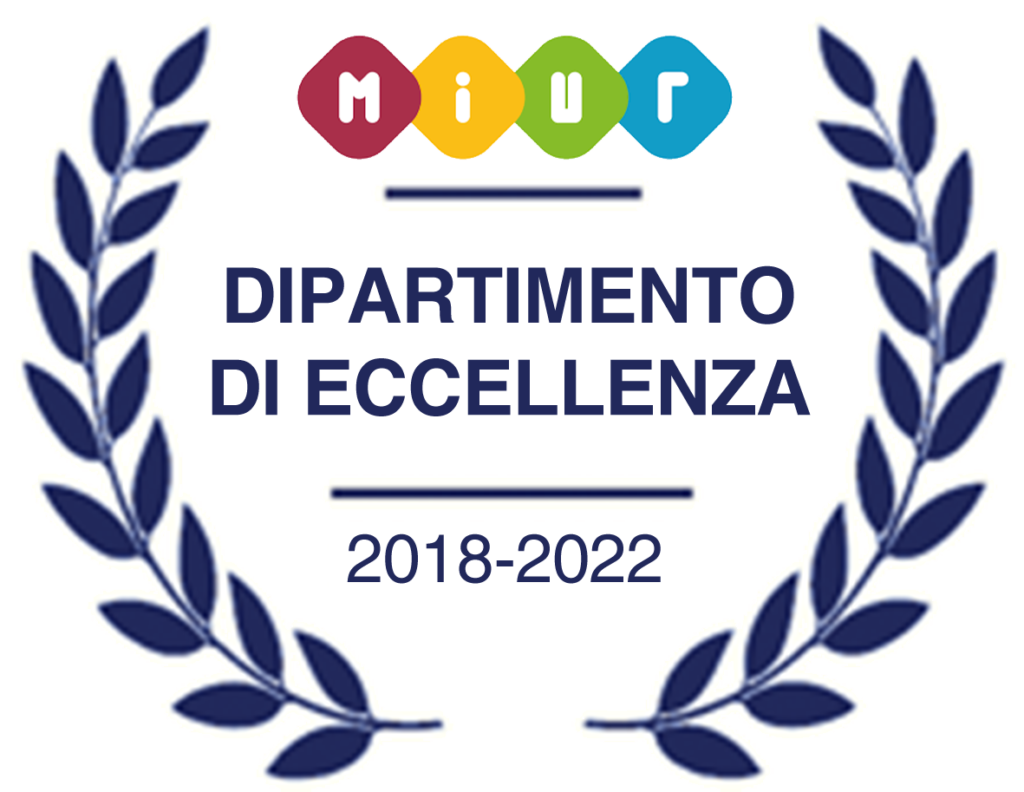When: 12th – 23rd of april 2021
Course fees: FREE. The Course is fully funded through the MIUR Department of Excellence grant.

Schedule:
All class sessions will be conducted over Zoom from 2.00 p.m. to 7.00 p.m.
Mon. April 12th: Basic Diff-in-Diff
Tue. April 13th: Parallel Trends Assumptions
Wed. April 14th: Treatment Structure and Effect Heterogeneity
Thur. April 15th: Interference, Spillovers and non-Compliance
Fri. April 16th: Discussion of Students’ Research Projects
Mon. April 19th: Propensity Score Theory and Applications
Tue. April 20th: Differential Timing
Wed. April 21st: Generalized Counterfactual Estimators
Thur. April 22nd: Unobserved Heterogeneity and Endogeneity
Fri. April 23rd: Review Session
Course Outline:
This course provides a comprehensive overview of modern Diff-in-Diff designs. The sessions will proceed step by step starting by the basic set-up and build up to the state-of-the-art applications. The course is structured to provide:
- a broad overview of a problem and the associated methods and literature;
- an in-depth look at a particularly important paper;
- how to implement the methods in software.
Learning outcomes:
The course will provide a complete overview of the difference-in-differences technique to achieve causal inference. During the course students will:
- Build the theoretical and practical knowledge on the use of different Diff-in Diff techniques
- Become familiar with the most advanced techniques of Diff-in-Diff such as matching, synthetic control, asymmetric/staggered treatments, dynamic
treatments, interference, and heterogeneous treatment effects - Become acquainted with the most important applications of each tool
covered - Gain a deep understanding of the practical use of each econometric
strategy - Receive feedback on individua research projects
Software:
Applications will be made available in Stata and R. However, not all of the tools covered are available in both software packages.
Prerequisites:
The course is appropriate for anyone considering using observational causal inference tools and makes no assumption of pre-existing training beyond basic regression.
Degree requirements:
The course is open to anyone (scholars or professionals) with an interest in Difference-in-Differences econometric techniques. Applicants are required to hold at least a bachelor’s degree and be on track to completing/have completed a postgraduate degree. The course is most suited to: Ph.D. students, young scholars and early career researchers.
Course fees:
The course is fully funded by the Department of Economics, Management and Quantitative Methods (DEMM) at the University of Milan. This was made possible thanks to an award to DEMM as Department of Excellence by the Italian Ministry of Education, University and Research (MIUR), which resulted in establishing the Centre of Excellence in Economics and Data Science (CEEDS).
Credit:
The course is equivalent to 3 ECTS in the European system. Students who wish to receive credit for their Summer School course will need to contact their Study Abroad Office or the office in their university that deals with external credit. We strongly advise you to verify your university credit-granting process before you apply.
Certification:
Upon successful completion of the course, students will be able to request a certificate of participation.
Number of places available: 25
Note that availability is limited to 25 participants. Interested candidates are strongly encouraged to apply as early as possible.
How to apply:
All applicants are requested to:
- Fill the following online application form with your personal
information together with an updated CV, and, for PhD students only, a
motivation letter of no more than 150 words:
https://forms.gle/U6gYmLZb12JNyUmv5
Deadline:
February 28th, 2021 at 23:59:59 CET.
Candidates will be informed of the outcome of their application by March 12th, 2021. Successful applicants will be requested to confirm their presence by March 19th, 2021.
